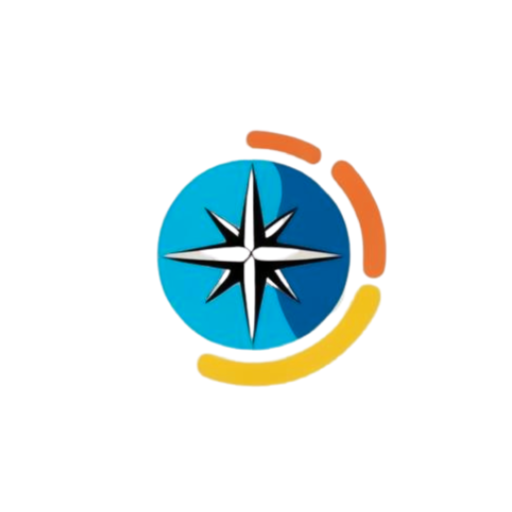Historical Timeline
1498 (August 31, Sunday): Christopher Columbus reaches the Venezuelan coast during his third voyage to the Americas
1811 (July 5, Friday): Venezuela declares independence from Spain
1819 (December 17, Friday): Battle of Boyacá; Simon Bolívar secures independence for much of northern South America
1821 (June 24, Sunday): Battle of Carabobo, which secured Venezuelan independence
1830 (October 13, Wednesday): Venezuela formally separates from Gran Colombia and becomes a republic
1908 (December 19, Saturday): Dictatorship of Juan Vicente Gómez begins, lasting until his death in 1935
1958 (January 23, Wednesday): Overthrow of the military dictatorship of Marcos Pérez Jiménez, establishment of democratic rule
1998 (December 6, Sunday): Hugo Chávez is elected president, beginning his Bolivarian Revolution
2002 (April 11, Thursday): Failed coup attempt against Hugo Chávez
2004 (December 3, Friday): Recall referendum against Chávez is defeated, securing his presidency
2014 (February 12, Wednesday): Mass protests erupt across the country against Nicolás Maduro’s government
2017 (April 19, Wednesday): Large-scale protests against Maduro’s government, resulting in clashes with security forces
2019 (January 23, Wednesday): Juan Guaidó declares himself interim president, leading to a political crisis and international recognition of his claim
2020 (May 3, Sunday): Severe flooding from torrential rains devastates parts of the country, displacing thousands
2022 (March 18, Friday): Tropical Storm Wanda causes significant flooding and damage across several Venezuelan states
General Information
Continent: South America
Location: Northern South America, bordering the Caribbean Sea
Capital: Caracas
Language: Spanish
Currency: Venezuelan bolívar (VES)
Population: ~32 million (last updated: April 2025)
Time Zone: Venezuelan Standard Time (VET)
Topography
Borders: Colombia, Brazil, Guyana
Landscape: Andes mountains, Llanos (tropical grassland), Guiana Highlands, Caribbean coastline
Major Rivers: Orinoco River, Caroní River, Apure River
Major Mountains: Andes, Cerro Bolívar, Pico Bolívar (highest point)
Deserts: None
Lakes: Lake Maracaibo (largest lake in Latin America)
Volcanoes: None significant, though there are some dormant volcanic areas
Highest Point: Pico Bolívar (5,007 m / 16,427 ft)
Lowest Point: Caribbean Sea (0 m / sea level)
Climate: Tropical, with humid lowlands and temperate highlands
Geological Features: Andes mountain range, Orinoco river basin, Guiana shield
Demography
Ethnic Groups: Predominantly mestizo (mixed European, Indigenous, and African descent), with minorities of Indigenous, European, and Afro-Venezuelan populations
Religion: Predominantly Roman Catholic (approximately 88%), with small Protestant and Indigenous religious groups
Urban Population: ~90% (last updated: 2023)
Aging Population: ~7% aged 65+ (last updated: 2024)
Culture
Famous For: Baseball, oil production, political history, rich musical traditions
Cuisine: Arepas, hallacas, empanadas, pabellón criollo (a dish of rice, beans, and shredded beef)
Arts: Salsa, joropo, Venezuelan classical music, visual arts
Sports: Baseball (most popular), football (soccer), basketball
Popular Festivals: Carnaval, Feria de la Virgen del Valle, and the Festival of the Virgin of Coromoto
Economy
Economy Type: Mixed, with a strong reliance on oil production and export
GDP: Approx. $50 billion USD (last updated: 2024)
Major Industries: Petroleum, natural gas, agriculture, manufacturing
Key Exports: Petroleum, refined oil products, aluminum, agricultural products
Unemployment Rate: ~30% (last updated: 2024)
Economic Regions: Oil-rich coastal regions, agricultural plains, industrial areas around Caracas and Maracaibo
Government
Government Type: Federal republic
Head of State: President Nicolás Maduro (as of April 2025)
Head of Government: President Nicolás Maduro (as of April 2025)
Legislature: Unicameral (National Assembly)
Constitution: In effect since 1999
Political Parties: United Socialist Party of Venezuela (PSUV), Democratic Unity Roundtable (MUD), and others
Important Note: Venezuela has faced significant political and economic challenges, with political instability, hyperinflation, and mass migration due to the economic crisis.
Travel Attractions
Caracas: The capital, with the Avila National Park, historic districts, and vibrant nightlife
Angel Falls: The world’s highest uninterrupted waterfall, located in Canaima National Park
Margarita Island: Known for its beaches and tourism infrastructure
Morrocoy National Park: Coastal park famous for its white sand beaches and coral reefs
Los Llanos: Vast plains offering wildlife and birdwatching experiences
Mérida: Known for the Mérida cable car, one of the longest and highest cable cars in the world
